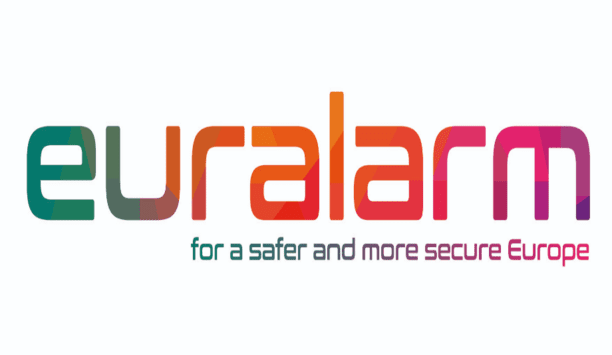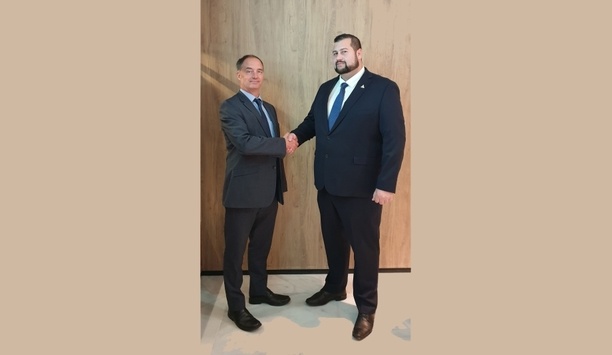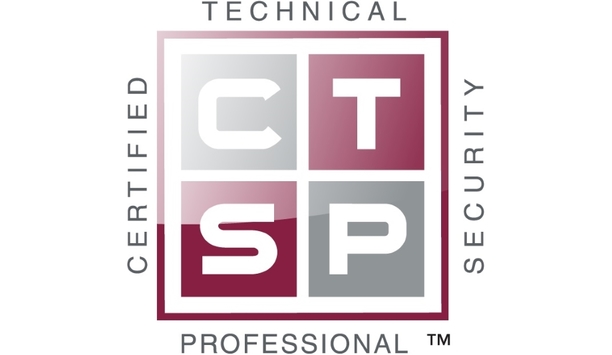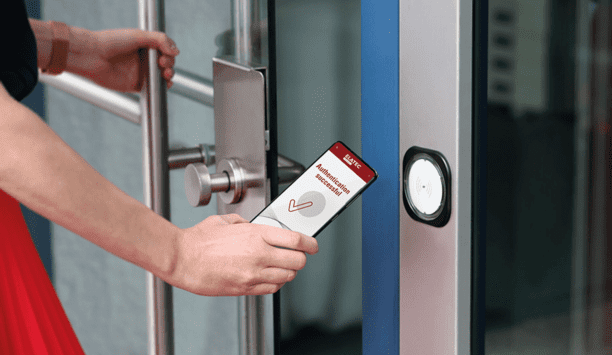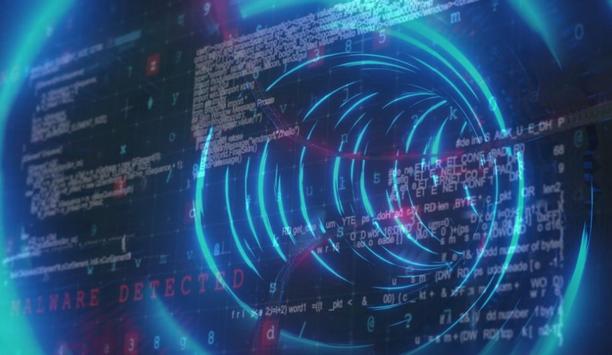David Wilkinson

David Wilkinson
Director of Technical Services, British Security Industry Association (BSIA)David Wilkinson serves as the Director of Technical Services at the British Security Industry Association (BSIA). David’s experience in the security industry spans more than 25 years and includes in-house security management positions as well as various roles with market leading security organizations, including Kings’ Security Systems, Reliance and the former Group 4 Securitas. David has been at the BSIA since 2006 and has responsibility for delivering technical requirements of the electronic sections of the Association, including Security Equipment Manufacturers, Security Systems and CCTV. He has also played an instrumental role in coordinating BSIA working groups to develop Codes of Practice and Guidelines, representing the BSIA on European and British Standards committees and ensuring a good technical liaison with member companies and other industry organizations. He is also Chair of the British Standards Institute’s GW/1 committee, which oversees standards development in the UK’s electronic security sector.
News mentions
The British Security Industry Association (BSIA) has created a toolkit for alarm installers to encourage their customers to ‘Beat the Big Switch Off’ and be All-IP ready as analog lines ar...
Euralarm, the Security Industry Association (SIA), the Latin American Security Association (ALAS) and the Canadian Security Association (CANASA) invite to join the multi-association virtual panel disc...
This year’s Euralarm international Industry Forum takes place on 21st June in Brussels. The forum Joins to discuss topical issues of the Fire and Security industries. This year’s topics in...
During the section meetings following the Euralarm General Assembly, Joakim Söderström has been appointed chairman of the Security Section. As chairman he will also join the board of Euralar...
Tavcom Training, a subsidiary of Linx International Group, is celebrating the first anniversary of its Certified Technical Security Professionals (CTSP) Register, which aims to raise standards in the...
The SCC refers to the advancing technology which is prevalent within the CCTV arena Surveillance Camera Commissioner (SCC), Tony Porter QPM LLB, has published his Annual Report afte...
With 25 years’ experience in electronic security sector, David has been involved in standards development for a number of years David Wilkinson, Director of Technical Services...
A number of BSIA’s security systems and equipment manufacturer members provided their knowledge during the consultation Key organizations from across the security industry hav...
According to David Wilkinson ensuring that members are represented throughout standards development is one of the core BSIA functions The British Security Industry Association (BSIA...
BS8418 - Code of Practice covering installation & remote monitoring of detector-activated CCTV systems The British Security Industry Association’s CCTV Section has we...


